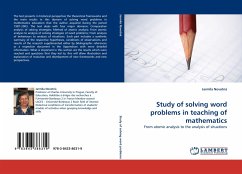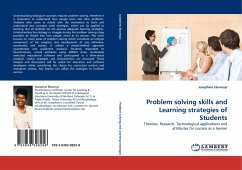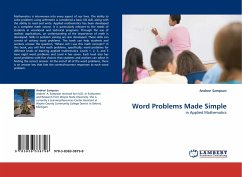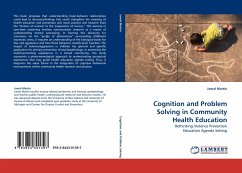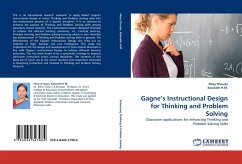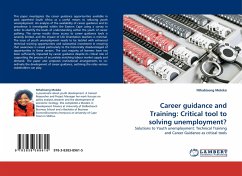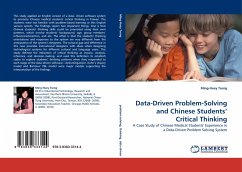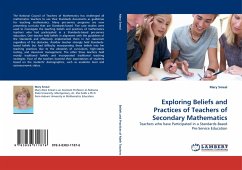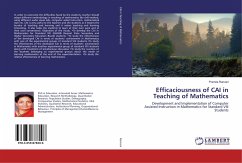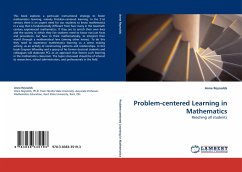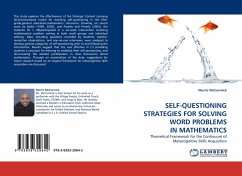
SELF-QUESTIONING STRATEGIES FOR SOLVING WORD PROBLEMS IN MATHEMATICS
Theoretical Framework for the Continuum of Metacognitive Skills Acquisition
Versandkostenfrei!
Versandfertig in 6-10 Tagen
32,99 €
inkl. MwSt.

PAYBACK Punkte
16 °P sammeln!
This study explores the effectiveness of the Strategic Content Learning (SCL)instructional model for teaching self-questioning in the fifth-grade,general education,mathematics classroom. Drawing on recent work by Butler (1998, 2002), and Paradis and Peverly (2003), the students (N = 28)participated in a six-week intervention involving mathematical problem solving in both small groups and individual settings. Data, including questions recorded by students, teacher-researcher observations, and one-on-one interviews, were analyzed to develop general categories of self-questioning prior to and fol...
This study explores the effectiveness of the Strategic Content Learning (SCL)instructional model for teaching self-questioning in the fifth-grade,general education,mathematics classroom. Drawing on recent work by Butler (1998, 2002), and Paradis and Peverly (2003), the students (N = 28)participated in a six-week intervention involving mathematical problem solving in both small groups and individual settings. Data, including questions recorded by students, teacher-researcher observations, and one-on-one interviews, were analyzed to develop general categories of self-questioning prior to and following the intervention. Results suggest that SCL was effective in (1) providing students a structure for learning to verbalize their self questioning, and (2)increasing the student participation in class discussions about mathematics. Through an examination of the data, suggestions for future research based on an original framework for metacognitive skills acquisition are discussed.



